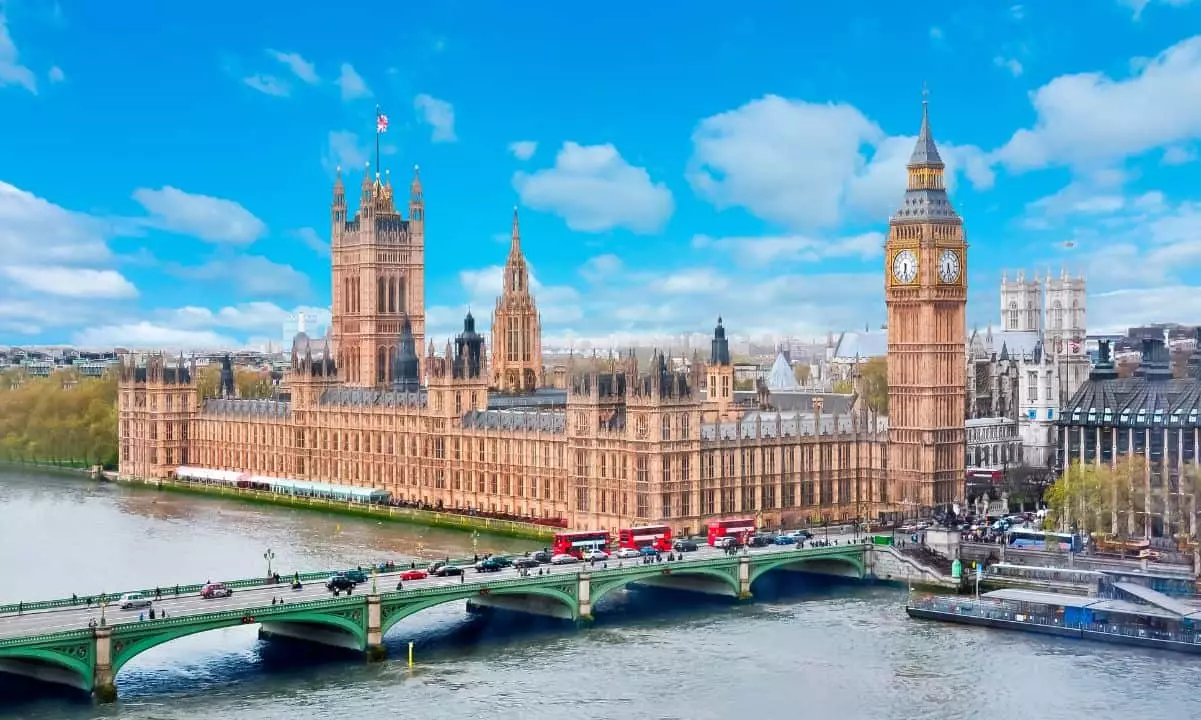The cryptocurrency realm is evolving at an unprecedented pace, and governments worldwide are scrambling to establish clear guidelines situated within a framework of evolving technology and market dynamics. The British government’s recent intentions to assert authority over stablecoins and crypto staking come at a critical juncture as the U.S. positions itself as an emerging global crypto powerhouse under President-elect Donald Trump’s administration. This article explores the implications of the UK’s new legislative proposals, the strategic challenges posed by U.S. competition, and how effective regulation could bolster the UK’s standing in the digital asset landscape.
In a bid to create a structured framework for the burgeoning crypto market, the UK Treasury is moving forward with proposals dedicated to regulating stablecoins and delineating special exemptions for crypto staking services. The Financial Conduct Authority (FCA) will play an instrumental role by consulting industry stakeholders to cultivate rule-making that reflects the unique characteristics of digital assets. This proactive approach seemingly aims to foster a supportive environment for innovation in the UK, yet it raises questions about how quickly these measures can be implemented amid the backdrop of global uncertainty.
Stablecoins, digital currencies pegged to stable assets or currencies, are a focal point of the upcoming legislation. By establishing regulations, the UK intends to legitimize stablecoin practices and attract crypto enterprises. Conversely, the reclassification of staking—as a method to earn rewards through cryptocurrency—will provide a firmer footing for operations, segregating them from stricter collective investment scheme regulations that often stifle experimentation and innovation.
While the UK endeavors to carve out its niche in the digital asset market, it is simultaneously confronted by burgeoning competition from the United States. The election of Donald Trump, promising to transform the U.S. into a leading crypto hub, instills a sense of urgency within British policymakers. Trump’s ambitious vision includes proposals to alleviate regulatory pressures, such as dismissing SEC Chair Gary Gensler and establishing a Bitcoin reserve. These initiatives suggest an attractive climate for crypto companies seeking favorable operational conditions.
The potential shift in the U.S. regulatory environment is echoed by sentiments from industry experts in the UK. Laura Navaratnam, policy lead at the Crypto Council for Innovation, pointedly remarked that it is critical for the UK to leverage its second-mover advantage effectively. This suggests that there remains a narrow window for the UK to establish itself as a favorable destination for crypto businesses before they potentially migrate to more accommodating jurisdictions. The timely enactment of robust legislation could prove decisive in retaining existing businesses while attracting new entrants to the burgeoning market.
The Timeline and Uncertainties Ahead
As the UK aims to establish stablecoin regulations and refine its approach to crypto regulations, the landscape remains riddled with uncertainties. With the expectation that the FCA will soon outline its strategy, industry participants are keenly awaiting clarity on the timeline and the scope of these regulations. The phased plan suggests that there is an acknowledgment of the complexities and diverse challenges posed by the multifaceted nature of cryptocurrencies.
Additionally, the government’s digital securities sandbox—an experimental ground for blockchain technology—will be vital to assessing the efficacy of proposed regulations. This environment allows regulated firms to test their products and services in real-time, ultimately fostering innovative solutions that meet regulatory standards while catering to market needs.
The ramifications of the UK’s regulatory initiatives extend beyond mere compliance; they are instrumental in determining the country’s role within the global cryptocurrency market. Although the legislation may have been delayed due to political changes, the UK Treasury’s commitment to guiding stablecoins and staking reflects a recognition of cryptocurrencies’ transformative power and potential economic benefits. The passage of the Financial Services and Markets Act in June 2023 indicates the seriousness with which the UK is approaching this regulatory frontier.
Looking ahead, the UK’s efforts to create a supportive ecosystem will be critical. Effectively balancing regulation and innovation can propel the country to the forefront of digital finance, enabling it to attract the talent and investment necessary to position itself as a leader in this rapidly evolving sector. As the global race for digital asset supremacy intensifies, the steps taken—or not taken—by the UK will play a pivotal role in shaping the future of its cryptocurrency landscape.















Leave a Reply